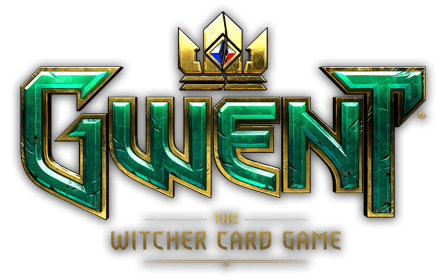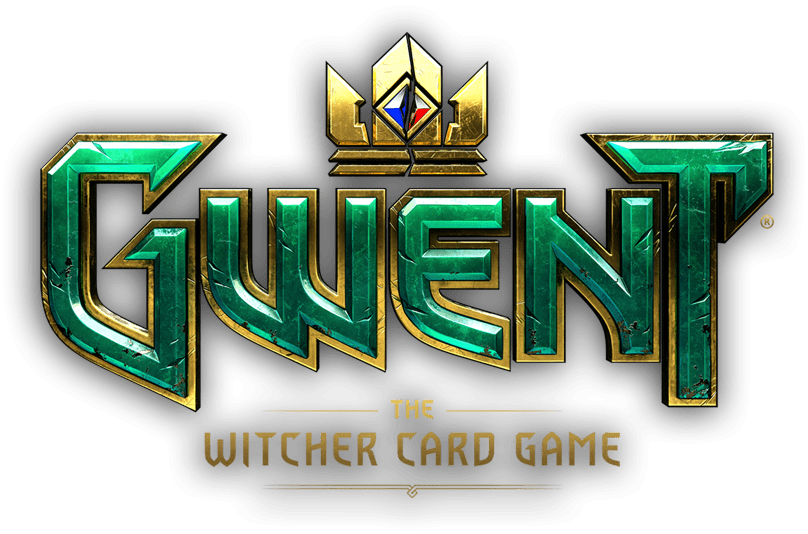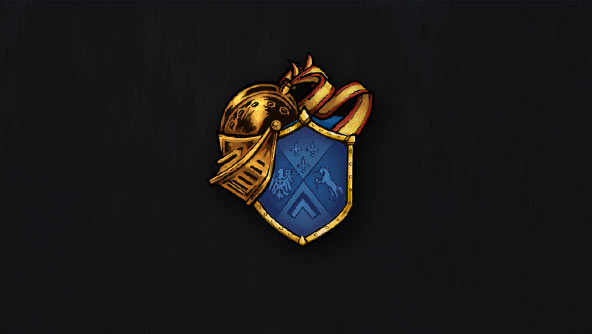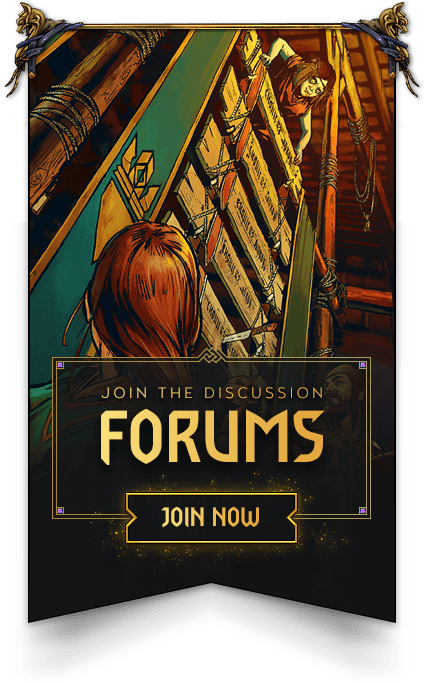The Closed Beta of GWENT is live and we’re happy to see first gamers duking it out! One of the coolest things about GWENT is that you can learn to play it in a couple of minutes. However, there are still plenty of things that can take you by surprise if you’re not looking in the right direction. Here’s a couple of tips that can help you play more efficiently. Here we go!
1. You are the Wild Card!
Bluffing and deception lie at the core of GWENT. You should always expect your opponent to try and trick you during a match. Sometimes it’s quite easy to call a bluff -- if your opponent is playing cards into weather on purpose, it can mean that they’ve got a Clear Weather card in their hand. Other times bluffs can be quite elaborate -- like when your opponent is playing a lot of disloyal cards, making you believe they’re giving up the round on purpose, where, in reality, they’re baiting you to pass the round instead and turn things around with a single card. But remember that you can bluff your way to victory, too. Even if you were unlucky during the draw and the cards you have in your hand don’t play well together, you can still deceive your opponent into thinking that you have a sleek play up your sleeve.
2. Avoid overloading your deck!
In GWENT you can create decks of up to 40 cards, with the minimum number of cards required in your deck being 25. These limits include both units and special cards. So what’s there to hold you back from creating a huge 40-card deck consisting of your most powerful units, weather and spell cards? Basically, the bigger your deck, the lower your chance of drawing a card you might actually need in a pinch during a match. The key when creating a deck is finding the right mix of cards with a game plan in mind, as well as a sweet spot for the number of cards that make it viable.
So, while it’s tempting to fill out your deck with strong units, it’s much better to create a smaller deck focusing on card synergy, where units and special cards work together to create mind bending combos. A good idea for a Monster deck, for example, is creating a deck that focuses on mustering breedable units, like Nekkers and Arachas. Having a Woodland Spirit lets you summon Rabid Wolves, which are also a breedable unit. Using them early will allow you to thin out your deck, leaving your strongest units up for the draw when you enter the next rounds. Using Monster Nest lets you create copies of every breedable unit on the board. Follow that with a Thunderbolt Potion and you’ve got yourself an army.
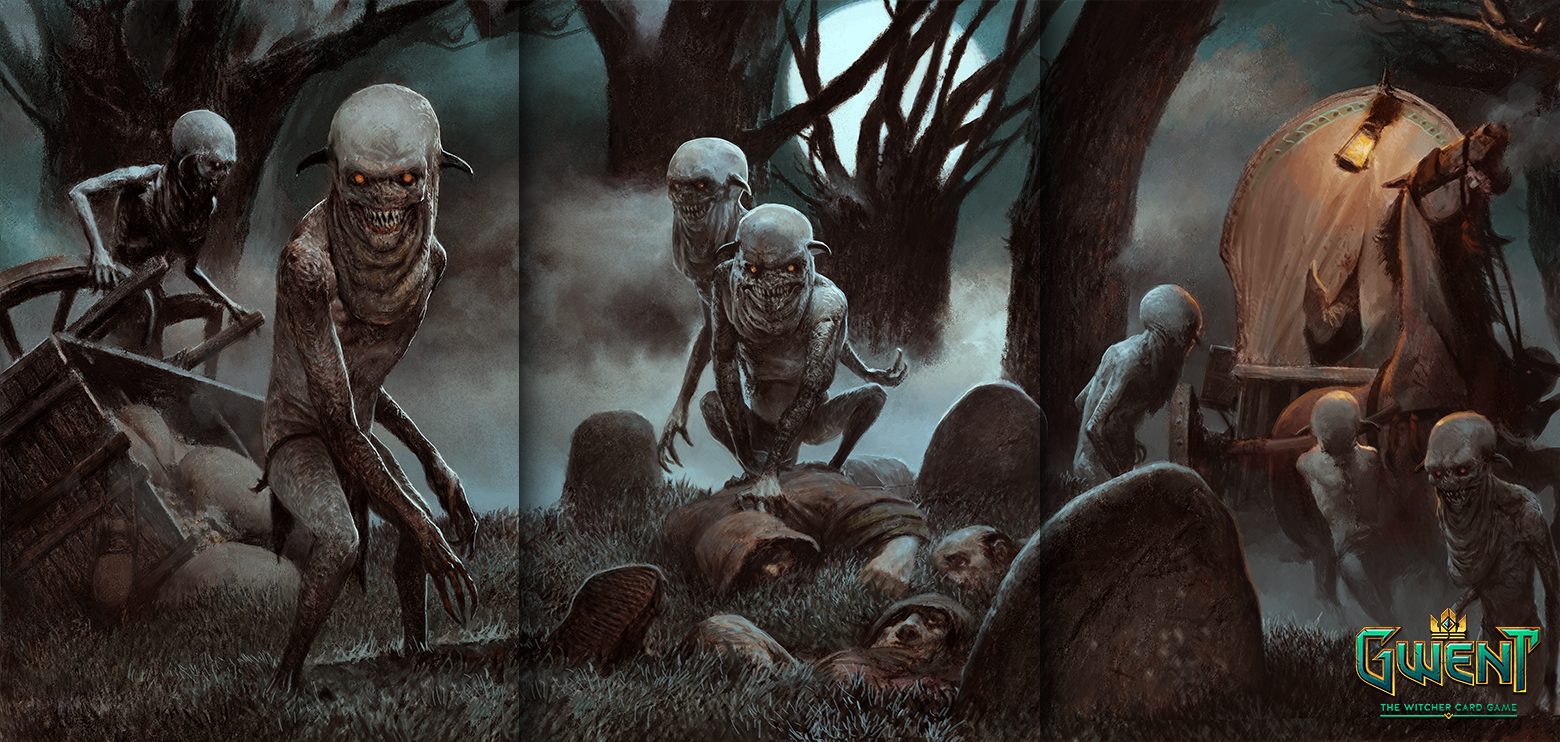
If your opponent isn’t willing to part with their removal spells or weather cards to counter this, then you get an idea of their tactics and also and easy win this round.
3. Don’t over invest during the first round!
You need to win two rounds to claim victory. If you play all your strongest cards during the first round, you’re basically handing your opponent the advantage in the rounds that follow. You don’t really want to do that, nor do you want to play more cards than you have to in order to secure a win after your opponent passes. Unless it’s the third round and you just want to rub it in.
A good idea for an opening is playing cards that will benefit you during the next two rounds. For Monsters, playing a couple of strong units first is a great option. It forces the opponent to play the same number of cards of equal value minimum or a couple of cards of lower value to match your board, and lets you start off the next round with a powerful unit. If you’re playing Skellige and your deck focuses on resurrecting units to make them more powerful, that means you should play all those units which benefit from this effect during first. Regardless of the outcome of the round, you’ll be set for some huge plays during the next rounds.
4. Always be aware of your side of the board!
In GWENT, some cards like Epidemic, Scorch or weather cards affect both sides of the board. So while it might be tempting to burn away the opponent’s strongest unit from the board, you should always check your side of the board beforehand.
5. Always try to vary the strength and type of units you’re playing!
Unit removal and debuff cards are sparse in GWENT, but when your opponent plays theirs, you want to be sure to minimize the blow you sustain. If you play a lot of units of the same strength or type, chances are that the opponent will be able to use that and take them all out or weaken them all in one fell swoop with the right spell or weather card.
6. Try to have at least one answer to weather cards in your deck!
So you’re totally dominating a round playing Northern Realms, for example. You’ve got a dozen of Melee units on the board. You think there’s nothing the opponent can do, victory is in the bag. Suddenly, the opponent pulls out a Biting Frost card, setting the strength of all non-Gold units on both Melee rows to 1. Playing a Monsters deck, your opponent’s Wild Hunt units on their side of the board are immune to the effect, giving them an advantage. The best way out of this is having a Clear Sky card, or any other card that can produce this effect. Unless you want your entire strategy to be ruined by one card, you’ll want to have something that makes you weatherproof in your hand.
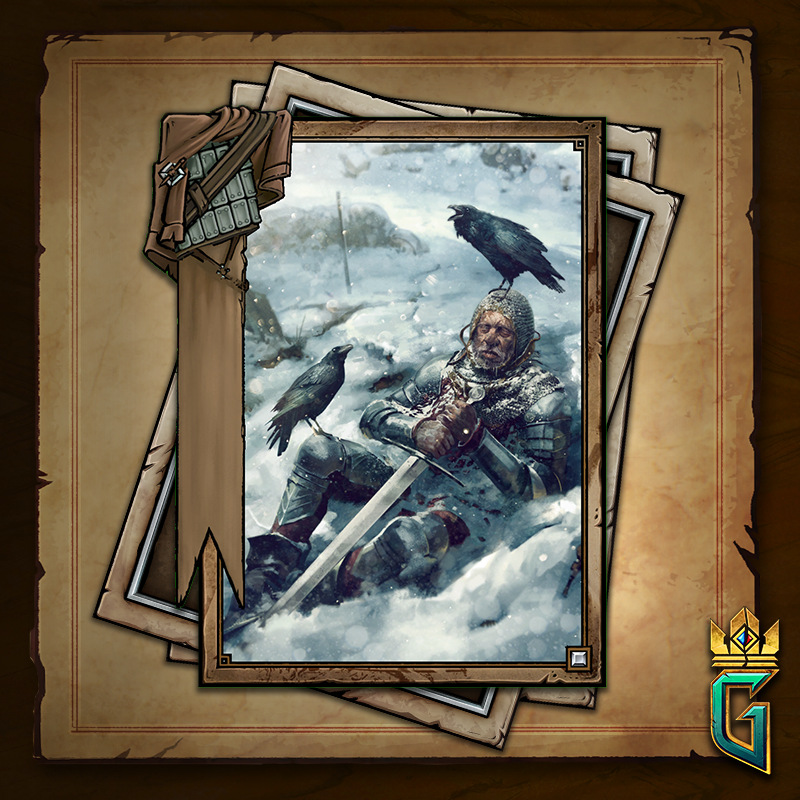
Starting to feel like a GWENT pro already? Follow these tips next time you play and you’ll take a step in the right direction. And if you want to learn more, be sure to follow our Facebook and Twitter and check playgwent.com for more insights.
See you on the battlefield!
